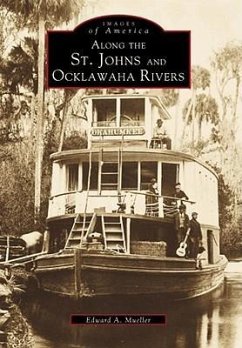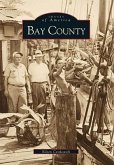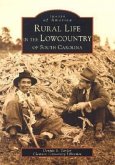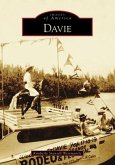In the early days of the nineteenth century, water was a significant means for transporting both goods and people throughout this burgeoning nation, and the state of Florida was no exception. Since Florida has ocean access on the east, west, and south, and numerous waterways that serve the interior, the state's development has been greatly influenced by the rivers that wind through its beautiful and varied landscape. The people and vessels that traveled these waters were an integral part of the region's economy and took part in the often romanticized steamboat era. Of all Florida's natural waterways, the St. Johns River was perhaps the best suited for steamboat use, and the Ocklawaha River was one of its main tributaries. These valuable river routes encouraged the growth and prosperity of such Florida towns as Jacksonville, St. Augustine, Fernandina, and Palatka, and tourist attractions such as Silver Springs.
Hinweis: Dieser Artikel kann nur an eine deutsche Lieferadresse ausgeliefert werden.
Hinweis: Dieser Artikel kann nur an eine deutsche Lieferadresse ausgeliefert werden.








